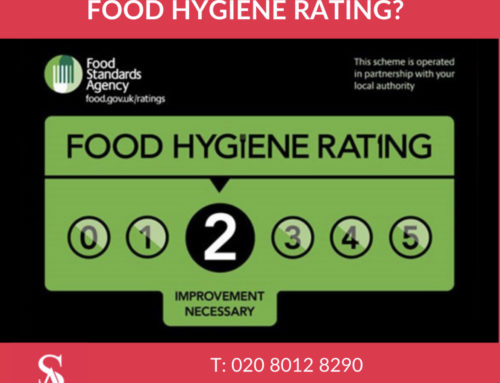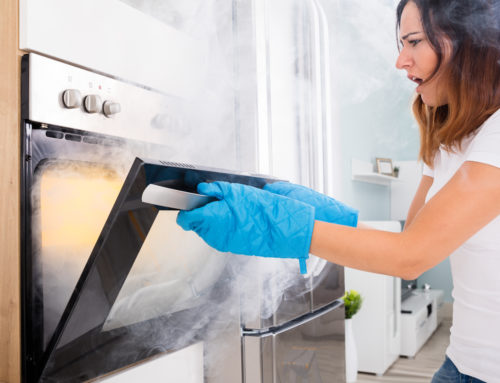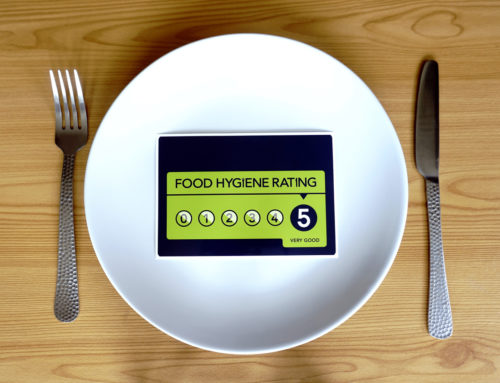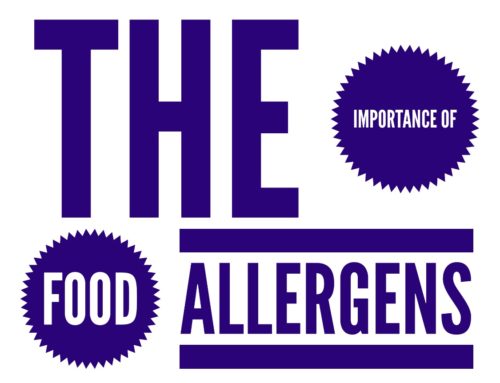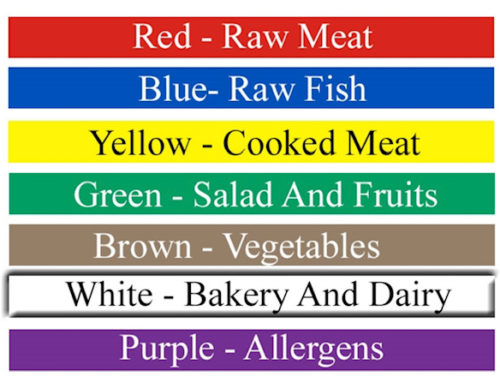Food hygiene is one of the most important factors when considering where to eat and what to feed your family.
But why is it so important? What are the implications of poor food hygiene?
Food hygiene practices are not just for restaurants and food outlets, and are something that should also be applied to home food preparation.
Food Hygiene is more than just washing your hands before handling food, but also includes cleaning food, storing food (fresh and left-overs), preparing and cooking.
Storing food can be a big problem in both the home and restaurants. It is important to read the storage instructions that come with the food, but as a general rule, food should be stored in the fridge or freezer, as appropriate, within two hours of visiting the supermarket and within one hour if the weather is hot.
Other storage tips include not putting open cans into the fridge – the contents should be transferred to an airtight container. If you put an open can inside the fridge, air can get inside and cause metal contamination.
Raw meat, poultry, fish and seafood, should be in kept in sealed containers on the bottom shelf of the fridge so juices do not drip onto anything beneath it
If food is stored badly, the kitchen has unclean surfaces, or dirty utensils and hands come into contact with food, you and your family can get ill from cross contamination.
Within a few hours of eating contaminated or poisonous food you can suffer with diarrhoea, stomach cramps, vomiting, headaches and dizziness. Mostly these symptoms will go after a couple of days depending on the bacteria.
However, these symptoms can indicate more serious food-related illnesses such as Campylobacter, Salmonella, Clostridium perfingens, E.coli 0157, Listeria or Staphylococcus aureus. These can be fatal.
In your own home by keeping the kitchen, utensils and your hands clean, storing food correctly and checking the use-by dates on food you can prevent the possibility of contracting food-borne illnesses.
Restaurant managers should ensure that their staff are fully trained in food hygiene and the highest standards are maintained.
If you would like to discuss food hygiene training or would like food safety advice then give the team at Sylvia A Consultancy a call. It is better to be safe than sorry.


